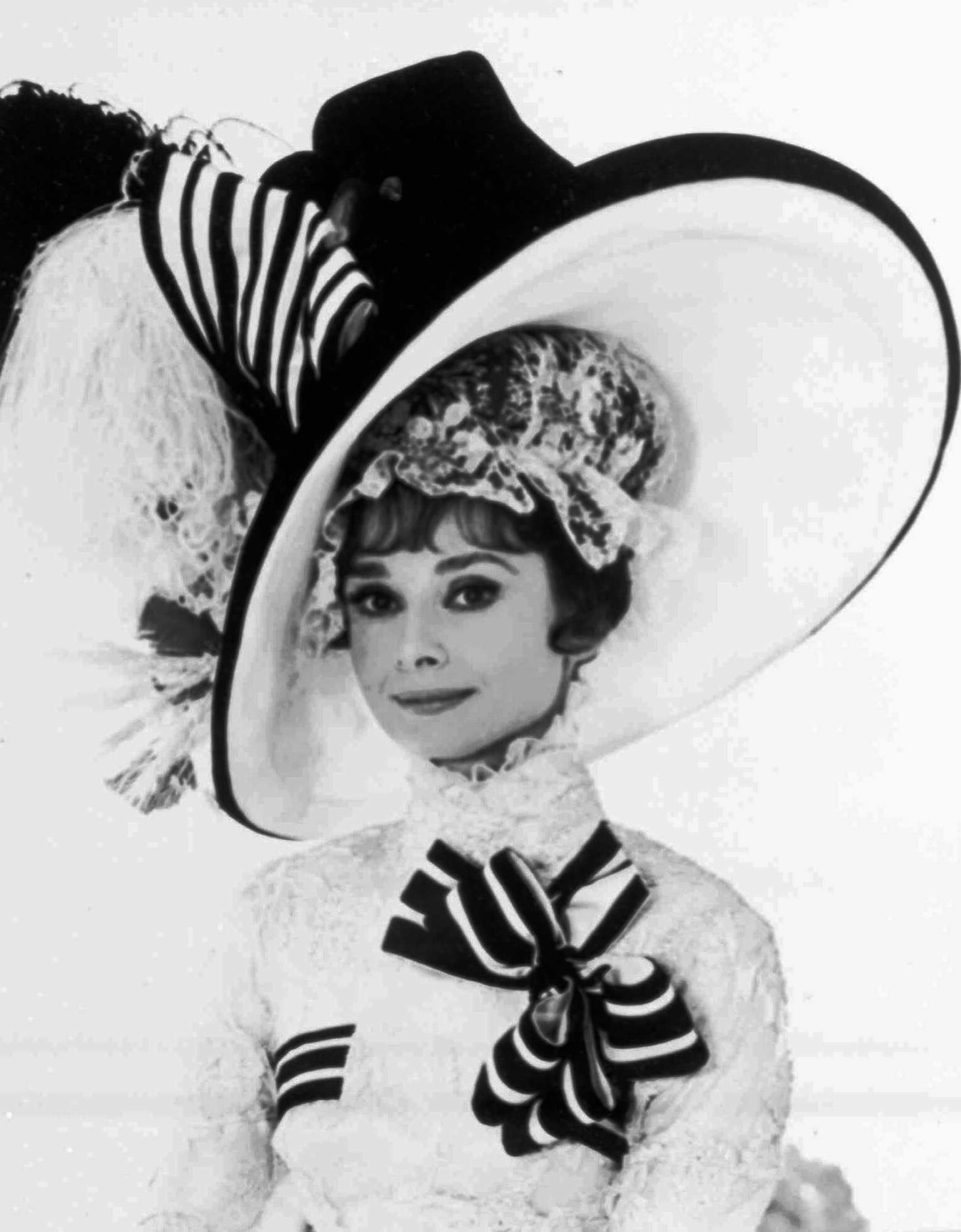But before Hubert de Givenchy turned her into one of his swans, with Capote's permission, the Belgian actress had to navigate a thorny path at a young age that marked her for life.
War, hunger, and poverty were three vital axes in Audrey's life that, with her celebrity status achieved through talent, Hollywood's marketing, and the wise advice of her first husband, Mel Ferrer, who controlled the star system, led her to become a Goodwill Ambassador for UNICEF.
Before passing away in 1993 at the age of 63 due to colon cancer, the star traveled to Somalia, Sudan, Kenya, El Salvador, Guatemala, and Vietnam. After her first trip to Ethiopia in 1988, she told a journalist, "Today, I am not interested in promoting Audrey Hepburn. I am interested in telling the world how they can help Ethiopia." During these encounters, the Breakfast at Tiffany's actress administered vaccines against polio, comforted hungry children in her arms, checked water pumps, granted dozens of daily interviews to convey her message, made sure food arrived...
"I know perfectly well what UNICEF can mean for children because I was one of those who received emergency food and medical aid at the end of World War II," she confessed in 1988 when the United Nations Children's Fund (UNICEF) appointed her as a Goodwill Ambassador.
This Wednesday, March 26, the graphic novel Audrey's War is published, a beautiful story where the plot is developed by Salva Rubio and the illustrations are by Loreto Aroca. The idea is simple. The authors tell the story of Hepburn's childhood during World War II.
A few years ago, Sean Hepburn Ferrer, her eldest son, told Vanitatis that "nothing is as it seems. My mother's life was not easy, and she even resorted to eating dog biscuits to stave off hunger." Born in 1929 in Ixelles, one of the municipalities in the Brussels-Capital region, her parents were Baroness Ella van Heemstra and Victor John Hepburn-Ruston, a former employee of the British diplomatic service and a tin factory worker, who dabbled in Nazism as members of the British Union of Fascists. When she was six, her parents divorced, an event that deeply affected the future actress. Her self-esteem was permanently wounded.
Facade of the house where Hepburn was born in 1929 in Ixelles, Brussels.L.F.R.
As her son Sean revealed to LOC on the occasion of the opening of the exhibition Intimate Audrey in Brussels in April 2019, "her childhood was beautiful until her father abandoned her and broke her heart. Childhood was tough because she experienced hunger, cold, lived through the bombings of World War II, and was deprived of freedom."
During her early school years, she lived in England, but when World War II broke out, her mother decided to move with her children to the Netherlands. However, on May 10, 1940, the Nazis invaded the country, plunging the population into one of the worst nightmares in history. Audrey's dream was to become a classical ballet dancer, but it was thwarted by the consequences of the war.
If she had a privileged childhood in her early years, there came a time when the ravages of the war leveled all social classes. British director Helena Cocan, the author of the documentary Audrey: Beyond the Icon (2020), commented at the time that the actress "had great depth: she suffered a lot in her life and transformed it into something beautiful.
Due to Hitler's invasion, food supplies in the Netherlands ran out. Audrey suffered from childhood malnutrition, which caused a delay in her growth and her bone structure was not ideal for pursuing a career in the classical arts. She was so emaciated that she had no strength. She also experienced respiratory insufficiency, anemia, and there were even periods when she survived only on water and nettles.
After various adventures, Audrey managed to reach New York, where she was fortunate to meet Colette, the author of Gigi, who wanted the young European girl to play that character on Broadway. She debuted in 1951. Two years later, she starred in her first film, Roman Holiday, alongside one of her closest friends, Gregory Peck. She won her first Oscar for that role. Her final award, the Jean Hersholt Humanitarian Award, was received in 1993 for her charitable work.
